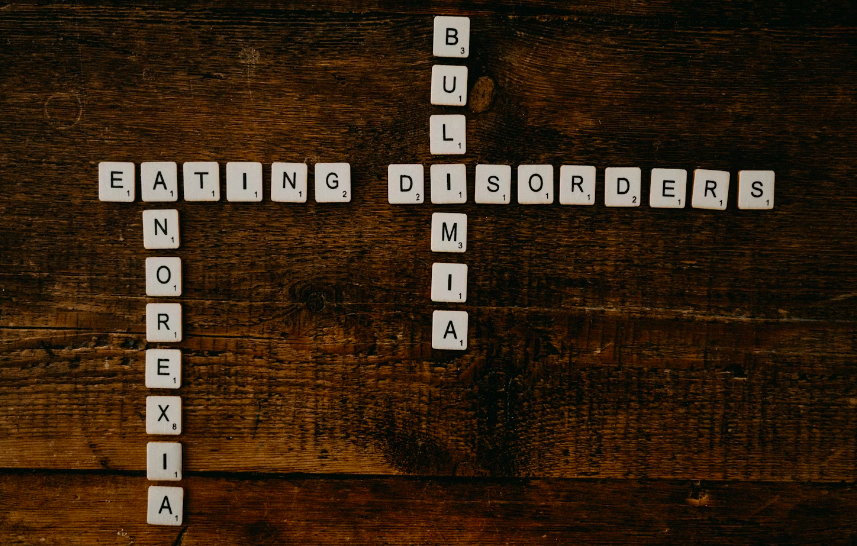
A Deeper Look at Suicide & Mental Health
A primary purpose of Oak Health Foundation is to reduce the incidence of suicide and suicide attempts. And even in September, the national Suicide Prevention Awareness Month, we tend only to scratch the surface of this sometimes sensitive and troubling concern.
The subject matter of suicide can conjure up a variety of responses, especially if you experience suicidality or someone you love does. As a friend and loved one of persons with suicidality, I have found at times this is a painful and frightening path to walk.
Thankfully, Pastors Rick and Kay Warren shared their experiences with their son’s suicidality on video. Hearing from them gave me the awareness that others walk this path. It gave me the courage to find the knowledge and understanding I needed to demystify and bring suicidality into the factual realm, not just the emotional.
Clinical and scientific research tells us that not hiding from the subject of suicide improves our ability to experience greater health. We want to use this newsletter to bring some of that hope, information, and resources to you to help you on your journey to a better understanding of what you or your loved one, or your friend is experiencing. We know what suicide is. It has even become a subject of music, movies, and TikTok videos. However, some of these sources and depictions can lead to misinformation, be misleading, and minimize the reality and truth of suicide.
So, let’s start with information from mental health professionals.
Experiencing suicidality comprises a complex set of contributing factors that result in a person desperately wanting to end the situation, even if it means ending his or her life. It is important to note that while being suicidal is often a symptom of mental illness, it is possible to be suicidal without having a mental illness. A long-term struggle with suicidality will vary in intensity and is affected by other factors, such as stressful or triggering circumstances.
Common contributing factors for suicidality:
– intense psychological pain, also called psychache (Isaac Sakinofsky, in Psychiatric Clinical Skills, 2006)
– inability to resolve the problem, sometimes with a pattern of limited or underdeveloped problem-solving skills in general
– repetitive or rigid thought patterns
– suicidal ideation or thoughts, both passive and active
– hopeless outlook on life/no value for life
– mental illness
– traumatic life experience(s)
It is important to note again that while mental illness and trauma can contribute to suicidality, having a mental illness or suffering trauma does not predetermine whether a person is or will become suicidal. Also, self-harm, such as cutting or an eating disorder, can accompany suicidality, but it is not necessarily a suicide attempt.
Helpful resources and essential steps for persons experiencing suicidality:
Here are some helpful, recommended resources and essential steps for persons experiencing suicidality and their friends and family. An online search will provide numerous resources as well.
Get professional treatment.
If you don’t know where to start for treatment, contact Oak Health Foundation’s Fully Health at info@fullyhealth.org or contact (877) 553-8559 for a free consultation and options for lower-cost care.
Limit the opportunities for a suicide attempt.
Take precautions, such as the suggestions found at this link. You can find similar lists on numerous websites. These are inconvenient but are important precautions to prevent an impulsive suicide attempt and always when a person’s suicidality is in an active stage.
Create a safety plan.
Here is an example of creating a safety plan at this link. There are also suicide safety plan apps, such as the Safety Plan app.
Learn more about suicidality and how to cope, treat, and live well with it.
Here are some book recommendations on this topic:
The Suicide Solution, by Dr. Daniel Emina and Rick Lawrence : Written by a psychiatrist and a pastor- gives a holistic understanding of suicidality and recommendations to improve health and relieve symptoms.
I Love Jesus, But I Want to Die, by Sarah J. Robinson: The author gives an invitation to explore what it is to live with mental illness as a Christian. She shares honestly about her struggle and provides encouraging insight into how her health has greatly improved along with a deepening relationship with Jesus. Now, she knows hope and comfort.
Loving Someone with Suicidal Thoughts, by Stacey Freedenthal, Ph.D., LCSW: This book is a practical guide on various topics, including communication, self-care, and what to do after a suicide attempt.
Call for help when you need immediate assistance.
988 Suicide and Crisis Lifeline
Formerly known as the National Suicide Prevention Lifeline, it offers 24/7 call, text, and chat access to trained crisis counselors who can help people experiencing suicidal thoughts, substance use, mental health crises, or other emotional distress. People can dial 988 if they are worried about a loved one needing crisis support.
Be Well OC (for those living in Orange County)
Call 949-749-2500 for care navigation services, or visit https://www.bewelloc.org/ to learn more.
Be Well OC provides:
– Mobile Crisis Response to people located in Anaheim, Garden Grove, Huntington Beach, Irvine, and Newport Beach as of September 2023 with plans to grow.
– Crisis Stabilization Services for comprehensive mental health services to stabilize adults or adolescents in crisis for up to 24 hours, with a unit in Orange and a second coming to Irvine.
– Crisis Residential Services, with a unit in Orange and a second coming to Irvine, provides crisis stabilization, medication monitoring, and evaluation to determine the need for additional services. Stays in the program are generally 30 days or fewer.*
Talk about it.
QPR (Question, Persuade, Refer) Institute provides simple training to start conversations and help someone you suspect (or know) is experiencing suicidal thoughts or ideations. The training is helpful for families and friends and includes specialized training for people in the helping professions.
Sources
https://www.bewelloc.org/be-well-oc-orange-campus/
https://www.verywellmind.com/suicidal-ideation-380609
https://www.verywellmind.com/what-not-to-say-to-someone-who-is-suicidal-6543208
https://www.verywellmind.com/suicide-safety-plan-1067524
https://www.nimh.nih.gov/health/topics/suicide-prevention
https://www.frontiersin.org/articles/10.3389/fpsyt.2021.727663/full
https://www.sciencedirect.com/topics/psychology/suicidality
The Suicide Solution, Dr. Daniel Emina and Rick Lawrence, 2021
Loving Someone with Suicidal Thoughts, Stacey Freednethal, Ph.D., LCSW, 2023I Love Jesus, but I Want to Die, Sarah J. Robinson, 2021
About The Author:
Kristi Nichols is on board with Oak Health Foundation as Fundraising Committee Chair and a Senior Manager of Marketing at OC Rescue Mission. With 25+ years of experience in ministering the love of Jesus among marginalized people, she is extremely dedicated with her non-profit work.
“Being part of a new, Kingdom focused, dynamic organization, for me, is an adventure!”
Enjoyed our blogpost? Subscribe to our newsletter for more resources on mental health and integrating the Gospel message in your healing journey.
If you found our resources useful, please consider donating to Oak Health Foundation, which is a 501(3)c nonprofit dedicated to providing resources regarding holistic mental healthcare and subsidized treatment for those in need.




